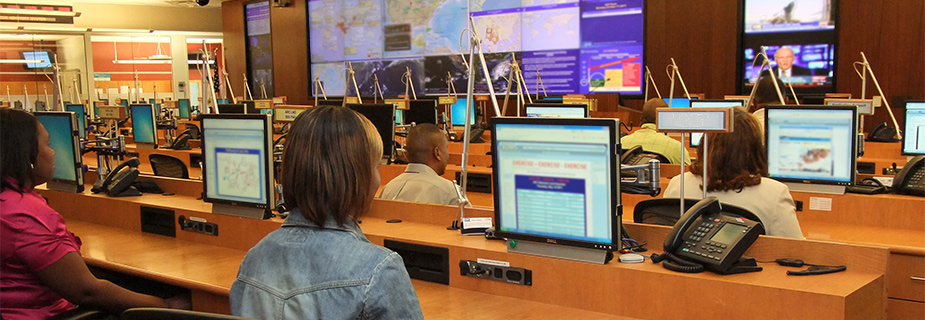BPL-1357 Universal Flu Vaccine
BPL-1357 Universal Flu Vaccine Description
BPL-1357 is a whole virus influenza vaccine candidate made up of four strains of non-infectious, chemically inactivated, low-pathogenicity avian flu virus. The vaccine candidate was developed by researchers at the National Institute of Allergy and Infectious Diseases (NIAID), a component of the U.S. National Institutes of Health (NIH). The intranasal formulation of BPL-1357 is currently in Phase Ib and II/III trials, designed to block virus transmission, and is also on track for U.S. FDA review by 2029.
BPL-1357 was studied in mice in September 2021, which showed that all mice receiving two doses of the BPL-1357 vaccine, delivered either intramuscularly or intranasally, survived subsequent exposure to lethal doses of each of six different influenza virus strains, including subtypes not included in the vaccine. Similar results were obtained in challenge experiments with ferrets vaccinated with BPL-1357.
“With the BPL-1357 vaccine, especially when given intranasally, we are attempting to induce a comprehensive immune response that closely mimics immunity gained following a natural influenza infection,” stated Matthew J. Memoli, M.D., on June 28, 2022. “This is very different than nearly all other vaccines for influenza or other respiratory viruses, which focus on inducing immunity to a single viral antigen and often do not induce mucosal immunity.”
The NIAID conducts and supports research at the NIH, throughout the USA, and worldwide.
BPL-1357 Vaccine Indication
This vaccine aims to provide broad-spectrum protection against multiple strains of pandemic-prone viruses. On January 17, 2023, Antiviral Research (Volume 210, 105505) published: The race toward a universal influenza vaccine: Front runners and the future directions.
BPL-1357 Vaccine News
May 1, 2025 - “Generation Gold Standard is a paradigm shift,” said NIH Director Dr. Jay Bhattacharya. “It extends vaccine protection beyond strain-specific limits and prepares for flu viral threats – not just today’s, but tomorrow’s as well – using traditional vaccine technology brought into the 21st century.”
June 28, 2022 - “Influenza vaccines that can provide long-lasting protection against a wide range of seasonal influenza viruses, as well as those with pandemic potential, would be invaluable public health tools,” said NIAID Director Anthony S. Fauci, M.D. “The scientific community is making progress on this pressing global health priority. The BPL-1357 candidate influenza vaccine being tested in this clinical trial performed very well in pre-clinical studies, and we look forward to learning how it performs in people.”
April 11, 2022 - Researchers at the NIH are investigating a new influenza vaccine that may offer protection against various flu strains. The study aims to gain a deeper understanding of the safety of this flu vaccine.
BPL-1357 Vaccine Clinical Trial
A Phase 1 trial began at the National Institutes of Health Clinical Center in Bethesda, Maryland. The placebo-controlled trial will test the safety of a candidate vaccine, BPL-1357, and its ability to prompt immune responses. The Complete Date is February 2025. Volunteers will be randomized into three groups in a 1:1:1 ratio and receive two doses of either placebo or vaccine, spaced 28 days apart. Group A participants receive BPL-1357 intramuscularly, along with an intranasal saline placebo. Group B will receive doses of the candidate vaccine intranasally, along with an intramuscular placebo. Volunteers in Group C receive a placebo administered intramuscularly and intranasally at both clinic visits. Neither the study clinicians nor the volunteers are aware of the group assignments. Volunteers must not have received any flu vaccination within the past eight weeks.
Additionally, they must agree to forgo seasonal flu vaccination for approximately two months after receiving the second dose of vaccine (or placebo). The study duration for each participant is approximately seven months. In addition to the two clinic visits to receive a vaccine (or placebo), volunteers will be asked to return to the clinic seven times to provide blood and nasal mucosal samples, which the investigators will use to detect and characterize immune responses.
A Phase II clinical trial to evaluate the efficacy and safety of the BPL-1357 vaccine in the setting of a healthy volunteer influenza human challenge study, sponsored and guided by NIAID but performed by UTMB’s research team. The primary hypothesis is that IM (intramuscular) and IN (intranasal) BPL-1357 will be safe and offer protection against mild-moderate influenza disease (MMID) caused by H1N1 influenza challenge compared to placebo. The primary objectives of this study are to measure the efficacy of BPL-1357, administered intramuscularly (IM) or intranasally (IN), in preventing MMID compared to placebo; and to assess the safety of BPL-1357, administered IM or IN in two doses 28 days apart, followed by viral challenge with H1N1. The challenge will be with a human 2015 seasonal-like H1N1 strain against which participants are likely to have partial immunity. The study population includes healthy male and female volunteers, aged 18 to 55 years. The 120 participants are divided into three study arms: placebo, intranasal vaccine, and intramuscular vaccine.







